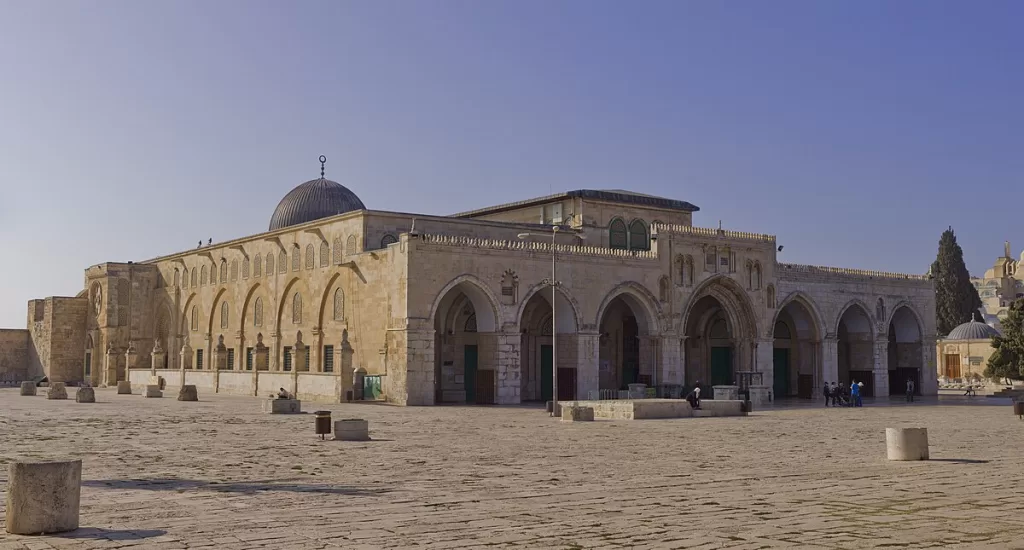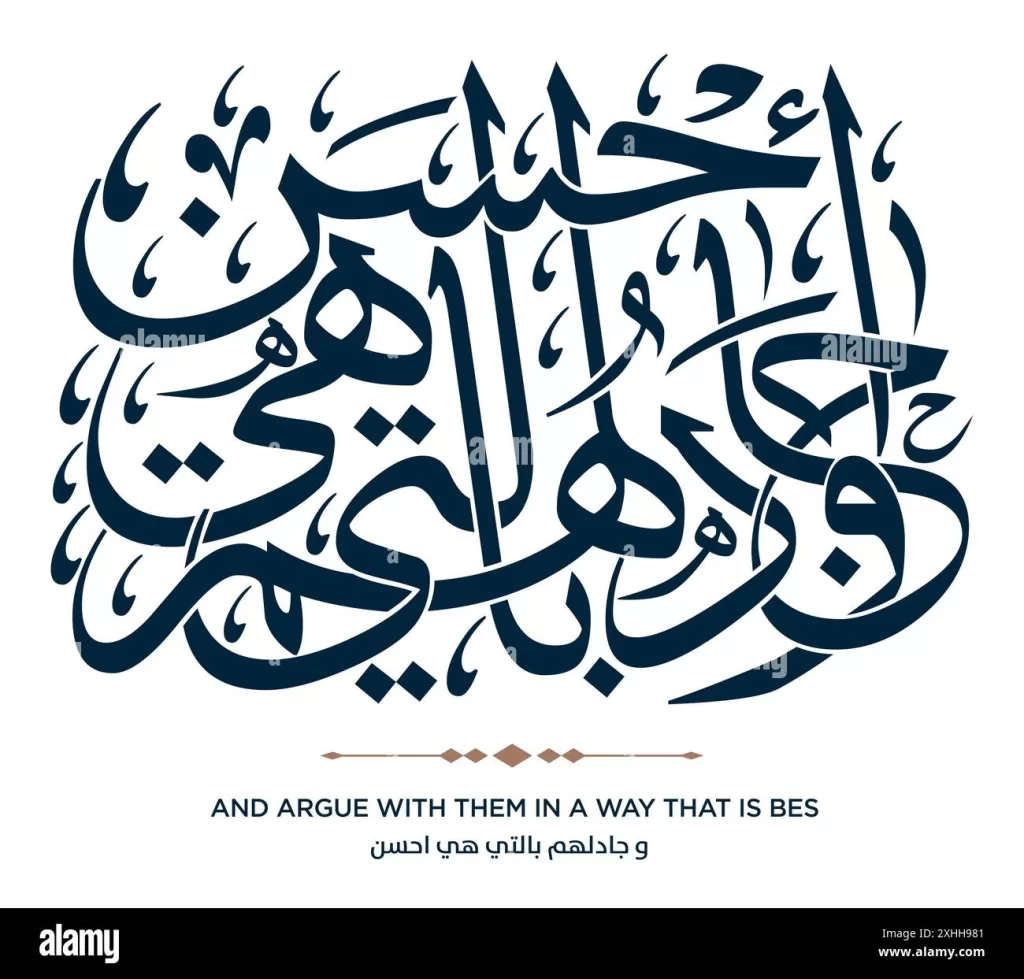(c) Muhammad Haniff Hassan, September 2002
Da’wah has to operate within its own ecology. Ecology refers to the environment as it relates to living organisms; the branch of biology concerned with the relations between organisms and their environment. Reference www.dictionary.com .
In principal, religious scholars are in consensus that fatwa and ijtihad should apply according to the reality and context in question, so long as they are consistent with the principles and methodologies that are recognised by the scholars.
For da’wah to operate in the appropriate ecology requires an appreciation and understanding of the ecology in which we exist. This in turn requires an understanding and appreciation of the roles of the elements and organisms within that ecology. We also need to distinguish the more significant elements and their roles, whose oversight may eliminate maslahat and produce mudarat.
Once we are familiar with all the important elements, it is time to measure them against the standards of Islam with regards to the principles and the siyasah syar’iyah. These principles serve to guide the ummah in their da’wah effort, with clear awareness of the elements within their own environment or the ecology as a whole.
For example, if we were to regard the minority position of Muslims as an element within the da’wah ecology here, we should place it against the standards of Islam and produce principles of da’wah relevant for the minority position of Muslims in Singapore.
But what are the elements that shape the da’wah ecology in Singapore? This is a question that requires in-depth study and research, beyond the capacity of this writing.
Nevertheless, until research is conducted and a consensus reached, we might consider the following as some of the elements that shape the ecology of da’wah in Singapore.
1. There are 400 000 Muslims in Singapore representing 15% of the population. Nevertheless Muslims form the largest minority group here.
2. Muslims in Singapore are predominantly Malays. This is unlike the Muslim minority groups in America or Europe, which are less homogenous. In these countries, the Muslim population consist of people from different cultures and countries of origins.
3. The dominant group is made up of Chinese who are mainly Buddhists.
4. The government practices democracy that in general provides our citizens with a fair amount of freedom. While there have been criticisms of our democratic system and the existing government, we can safely say that our government do not practice the dictatorship style of government found in Yugoslavia. Neither are the Muslims here persecuted because of their religion or race like Muslims in Chechnya.
5. With secularism in practice, the government ensures a non-partisan approach when it comes to religious matters. This is to ensure religious harmony. While Islam is critical to secularism as a philosophy, we should distinguish the secular practices in Singapore from that practiced by Kamal Atarturk.
6. Singapore has a society that is cosmopolitan, open and urban by nature. These characteristics have been fortified by the effects of globalisation. As a result Singaporeans are affected by events happening around the world and not just influenced by internal factors or their immediate environment. Globalisation also offers Muslims in Singapore a wealth of resources and opportunities.
7. Although we acknowledge that Muslims in Singapore are still lagging behind economically, we have the benefit of living in an advanced developing economy and financial centre.
8. Singaporeans are generally affluent with a relatively high gross income.
9. Muslims in Singapore are surrounded by other Muslims groups that together, form a majority in this region. For example our neighbour Indonesia has the largest Muslim population in the world.
10. Muslims in the region are experiencing a revivalism – a return to the fundamentals of Islam.
The principles that direct da’wah can be channeled into the ecology based on a dynamic system of prioritizing. This is because priorities will continually change the elements in the ecology subject to the maslahat and mudarat in Islam.


